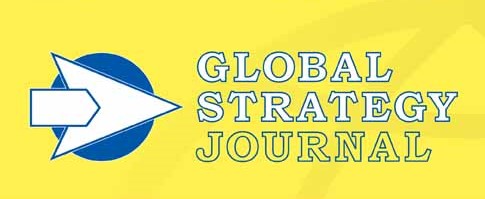Research summary
In this study, we theorize how regulatory, normative, and cognitive institutions moderate the entrepreneurial orientation (EO)-performance relationship. We test our hypotheses using data from entrepreneurial ventures in 31 countries. In countries with well-developed legal and financial institutions and where entrepreneurship is normatively supported, entrepreneurs achieve higher returns from an entrepreneurial strategic posture.
Institutions positively moderate this relationship through increased resource access, a critical element for innovative entrepreneurial strategies. The effect of institutions is further moderated by the stage of economic development. We advance our understanding of EO by exploring country-level institutional boundary conditions to its value and extend institutional theory through evidence of its moderating effects and interactions with economic development.

Authors: William Wales,Galina Shirokova,Tatiana Beliaeva,Evelyn Micelotta,Louis Marino
First published on 11th August 2021
Managerial summary
A country’s institutional environment influences the extent to which firms benefit from being entrepreneurially orientated (EO). Based on data from 31 countries, we show that entrepreneurs receive higher returns from an entrepreneurial strategic posture in countries where institutions—legal and financial systems, entrepreneurship education, and cultural support for entrepreneurship—are more developed.
Well-developed institutions increase returns from EO indirectly by enhancing the ability of firms to access the resources needed to experiment and generate value from their strategic orientation. The influence of institutions on the EO-performance relationship further depends upon the stage of economic development of a country, with institutional impact being more pronounced within “efficiency-driven” economies compared to more developed “innovation-driven” economies.
Read the full text of the paper on the entrepreneurial orientation-performance relationship here (not Open Access)
If you have difficulties in accessing the paper, please contact us.

